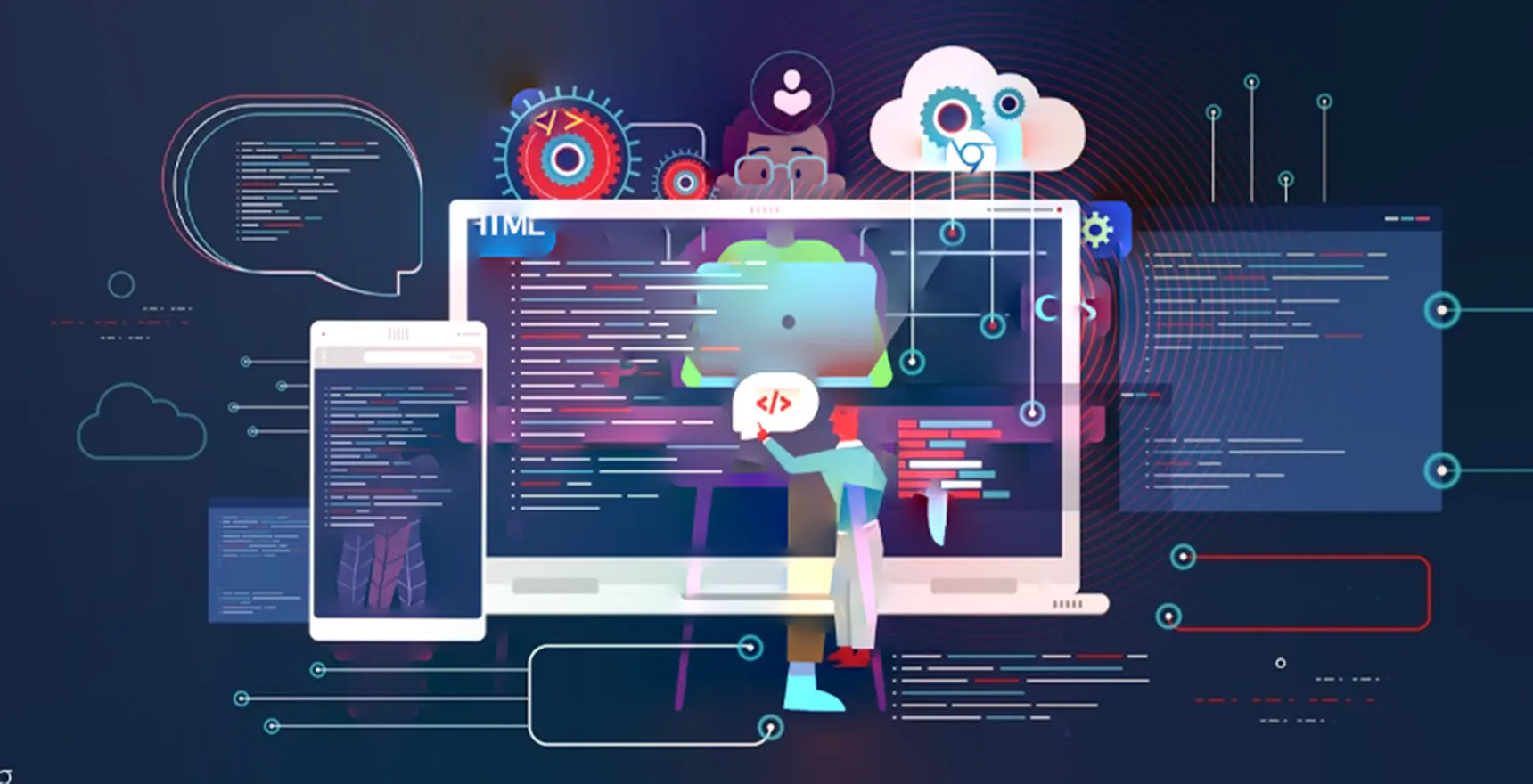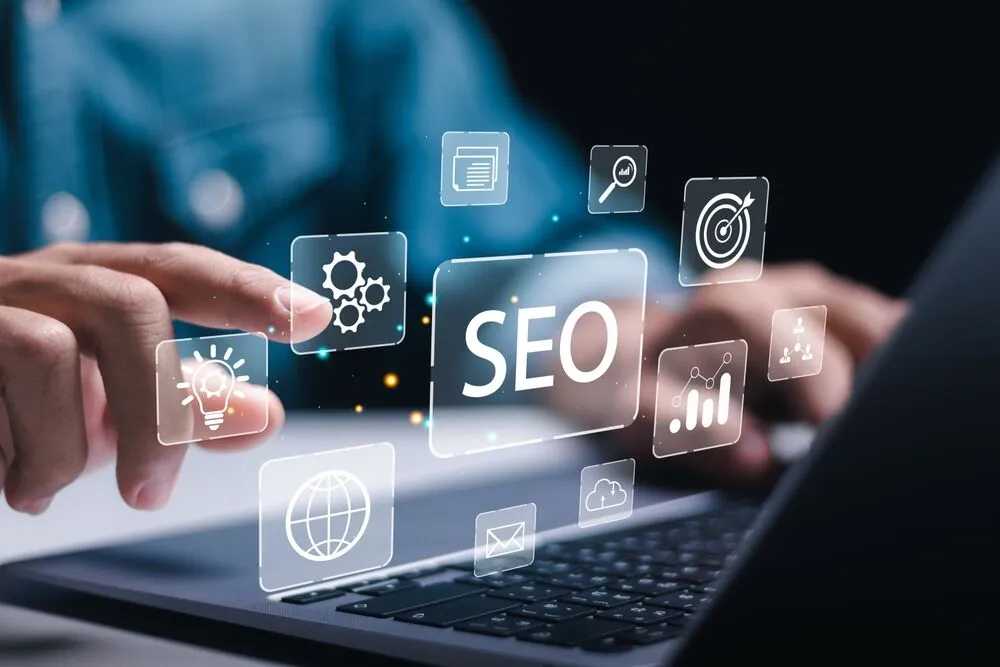
What is e Commerce? The Ultimate Guide with 7 Key Insights
E-Commerce
What is e commerce? The purchasing and selling of products and services via the internet is the fundamental definition of e-commerce, or electronic commerce. Rapid digital change has made it a pillar of the contemporary economy, transforming the way that customers and companies engage. The definition of e-commerce, its various forms, its advantages, and how to launch an e-commerce company from the ground up are all covered in this comprehensive tutorial.
Foundational Understanding: What Does E-Commerce Mean?
To truly grasp what is e commerce, we must start with the basics. E-commerce, or technological commerce, basically means buying and selling goods or services over the internet. It offers everything from online shopping and digital marketplaces to subscription services and mobile apps. By using technology to complete actions, e-commerce removes physical and geographical barriers, making it easier for businesses and consumers to connect at any time, anywhere.
What is E Commerce
E-commerce relates to any economic transaction performed electronically on the internet. This covers online shopping, digital commerce, online selling, and even subscription-based services. E-commerce involves more than just transactions; it also covers internet advertising, supply chain management, payment processing, and customer service.
Types of E-Commerce: A Breakdown of Models
A variety of business structures support what is e commerce, every single one which serves a distinct set of transactions. These consist of business-to-business (B2B), business-to-consumer (B2C), consumer-to-consumer (C2C), and consumer-to-business (C2B). Furthermore, government-related models such as G2B (government to business) and G2C (government to consumer) are growing in popularity. Entrepreneurs can select the best model for their goods or services by having a thorough understanding of different e-commerce forms.
B2B E Commerce (Business to Business)
There are several business-to-business transactions in this model. A wholesaler selling products to a retailer is one example.
B2C E Commerce (Business to Consumer)
This is the most common kind and covers business-to-consumer interactions. Online retailers such as Amazon serve as samples.
C2C E Commerce (Consumer to Consumer)
In this strategy, customers use websites like Facebook Marketplace and amazon for selling goods to other customers.
C2B E Commerce (Consumer to Business)
Here, people sell goods or services to companies. Influencers who sell advertising space or independent contractors who offer their services are two examples.
G2C E Commerce (Government to Consumer)
Websites run by the government that offer services including licensing, price payment, and tax filing.
G2B E Commerce (Government to Business)
Governmental organizations that provide businesses with online data or purchasing processes.
Core Concepts & Processes: How Does E-Commerce Work?
E-commerce links customers and sellers online through a simplified digital procedure. Product listings on e-commerce websites are the first step, followed by consumer browsing, safe payment gateway transactions, and order fulfilment. This e-commerce process is supported by technologies like CRM systems and shipping platforms, which make it possible for online sales to run smoothly from beginning to end.
E Commerce Process
The typical e commerce process involves:
How Does E Commerce Work?
- A product listing on a website
- A customer perusing and completing an order
- Using payment channels to make payments
- Order processing and delivery
Technically speaking, e-commerce is made possible by digital shopfronts, payment processors, CRM programs, and logistical partners.
Benefits & Advantages of E-Commerce
E-commerce has many advantages, such as cheaper operating expenses, worldwide reach, and the simplicity of shopping around-the-clock. Better client insights, quicker transactions, and personalized marketing are all made possible by it, which makes it a shrewd, scalable answer for contemporary companies.
Advantages of E Commerce
- Convenience: Shop from anywhere at any time.
- Expanded Reach: Market internationally
- Cost-effectiveness: Reduced overhead
- Consumer insights: branding based on data
Benefits of E Commerce
- Lower operating costs
- Simple scalability
- AI-powered personalized
- Improved customer support with chatbots
Starting & Running an E-Commerce Business
Choosing a skill, creating a trustworthy e-commerce website, and picking the appropriate tools and platforms are all part of starting an e-commerce firm. A easy to use store, efficient shipping, and successful e-commerce marketing are necessary for success. Online selling may be a lucrative and scalable business with the correct preparation and approach.
Starting an Online Store
Make sure your store is:
- Mobile-friendly
- Easy to use
- outfitted with CRM, inventory, and other e-commerce applications.
Selling Online
Make use of websites such as Etsy, Amazon, or your own. Use e-commerce marketing techniques including email campaigns, PPC, and SEO.
E-Commerce Technologies & Tools
In order to improve consumer satisfaction and improve operations, digital e-commerce significantly depends on technology. What is e commerce website, what is e commerce software, safe online payment gateways, and data-driven e-commerce marketing tactics are all necessary tools. When combined, these technologies allow for smooth online sales from product listing to final checkout, guaranteeing that companies can run effectively and grow in a world that promotes digital.
E Commerce Website
Our web shopfront includes this. It needs to be quick, safe, and simple to use.
E Commerce Software
Effective management of goods, clients, and transactions is made possible by programs like Shopify and Magento.
Online Payment Gateways
Secured transactions are provided by gateways such as PayPal, Stripe, Razor Pay, and others.
E Commerce Marketing
For more visitors, use influencer advertising, Google Shopping, social media ads, and content SEO.
The Future & Trends of E-Commerce
AI personalization, the expansion of mobile commerce, and online platform shopping are all part of the future of e-commerce. Companies must stay up to date since these developments are changing how consumers purchase and sell products online.
Future of E Commerce
We predict more drone delivery, voice-activated purchasing, and AI personalized.
E Commerce Trends
- Experiences with AR and VR commerce
- Payments using cryptocurrency
- Ecommerce digital
Mobile Commerce
Nowadays, over 70% of purchases are made on mobile devices. Design that is flexible is essential.
Social Commerce
Instagram are becoming shopfronts that combine business and content.
Keep abreast on the latest developments in e-commerce.
Why Choose Edify College of IT?
Edify College of IT prepares you for success in today's tech-driven environment by offering career-focused education with knowledgeable teachers, practical learning, and internationally recognized certificates.
Conclusion
In the current digital marketplace, it is crucial to comprehend what is e commerce. E-commerce presents countless options for both customers and organizations, from establishing its fundamental ideas to investigating its varieties, advantages, and emerging trends. Adopting e-commerce is essential for success in an increasingly online world, regardless of your company's stage of development.
FAQs
What Is E Commerce in Simple Terms?
E-commerce is the use of digital means for buying or selling goods and services online.
What Are the Main Types of E Commerce?
The major types are B2B, B2C, C2C, C2B, G2C, and G2B.
How Can I Start an E-Commerce Business?
Selecting a product, creating a website, and promoting your products online should come first.
Is E-Commerce Safe?
Yes, customers are generally safe when employing safe and secure online payment techniques.
What Is the Future of E Commerce?
Mobile, social commerce, AI-powered personalized service, and international growth are the ways of the future.
Recents

Top IT Courses in Faisalabad Ultimate Guide to High Demand Tech Skills in 2026
Read Article →
Top NAVTTC Courses in Faisalabad 2025 for Skill Development
Read Article →
Best Computer Courses 2025 to Boost Your Career Skills
Read Article →
Master Python Basics in 2025: The Ultimate Beginner’s Guide
Read Article →
Best SEO Training in Faisalabad 2025 | Learn & Grow Professionally
Read Article →
Best Digital Marketing Course in Faisalabad 2025
Read Article →